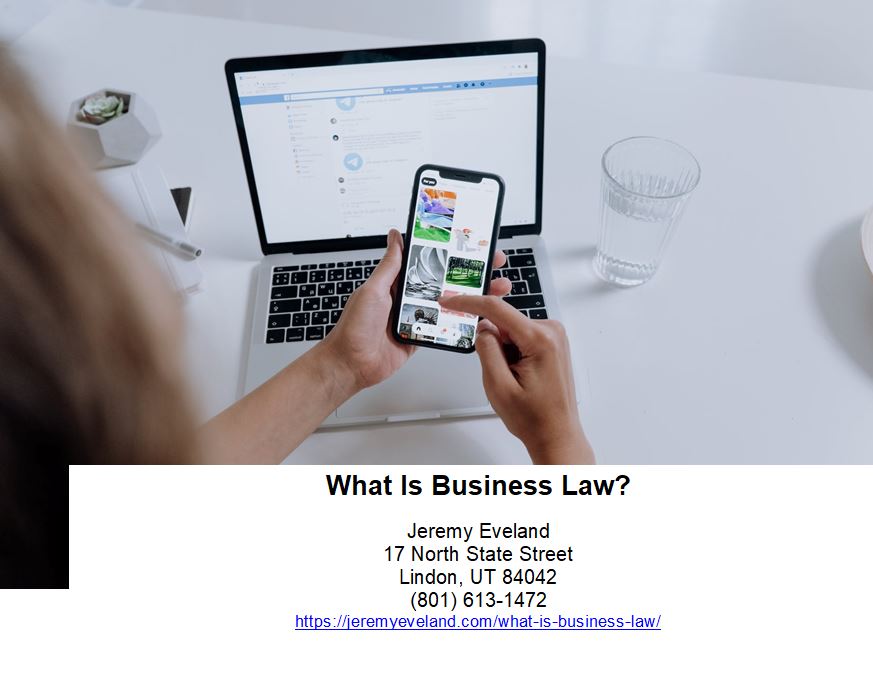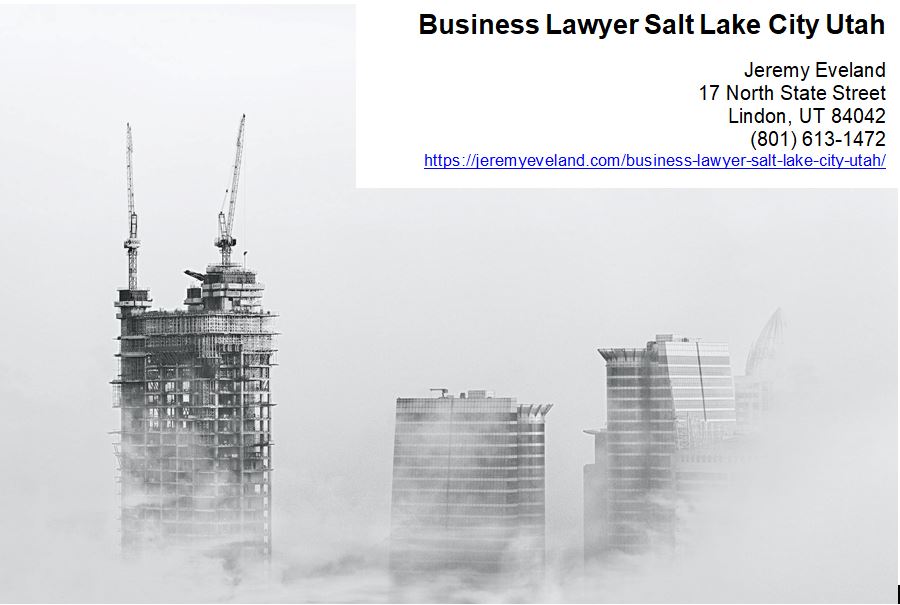Unraveling the Mysteries of Business Organizations: Choosing the Best Legal Structure for Your Company.
Introduction
Starting a business is a challenging and complex process that requires a lot of planning, research, and decision-making. One of the most important decisions a business owner needs to make is choosing the right type of business organization. Business organizations are legal structures that determine how a company will be owned, managed, and operated.
Definition of Business Organizations
A business organization is an entity that is created for the purpose of conducting commercial activities or providing goods and services to customers. There are different types of business organizations, each with its own advantages and disadvantages.
The three main types are sole proprietorship, partnership, and corporation. A sole proprietorship is a business owned by one person who has complete control over all aspects of the company’s operations.
A partnership is a business owned by two or more people who share profits and losses. A corporation is a legal entity that exists separately from its owners (shareholders) and can sue or be sued in court.
Importance of understanding Business Organizations
Understanding the different types of business organizations is crucial for entrepreneurs who want to start their own businesses because it directly affects how they will operate their companies in terms of management style, liability protection, tax requirements, financing options, etc. Choosing the wrong type of business organization can have serious consequences for your company that can negatively impact growth potential or even put you out of business entirely. It’s important to research each type carefully before deciding which one best suits your needs.
For example, if you’re starting an online store as a solo entrepreneur with limited resources but want full control over your brand image and intellectual property rights, then you might consider registering as a sole proprietorship to keep things simple at first while minimizing startup costs. However, if you’re eager to grow quickly or anticipate significant financial risks associated with running your operation (e.g., product liability claims), then forming a corporation might be a better option because it offers more legal protections and access to capital markets.
Understanding business organizations is critical for anyone who wants to start, grow, or maintain a successful business. The choice of entity is not just about tax benefits or liability protection; it’s about how you want to operate your company and what risks you’re willing to take on as an owner.
Types of Business Organizations
When it comes to starting a business, choosing the right type of business organization is crucial. There are three main types of business organizations: sole proprietorship, partnership, and corporation. Each type has its own advantages and disadvantages, which should be carefully considered before making a decision.
Sole Proprietorship
A sole proprietorship is the simplest and most common form of business organization. This type of business is owned and operated by a single individual.
One of the main advantages of a sole proprietorship is that it is easy to set up and requires very little paperwork. Additionally, the owner has complete control over all aspects of the business.
However, there are also some disadvantages to this type of organization. Since the owner is personally liable for all debts and obligations related to their business, their personal assets may be at risk if something goes wrong with the company.
Moreover, there may be limited growth opportunities since it can be difficult for a sole proprietorship to raise capital or secure loans from financial institutions. Examples of successful sole proprietorships include small service-based businesses such as electricians or graphic designers.
Partnership
A partnership is similar to a sole proprietorship in that it involves two or more individuals who own and operate a business together. There are several different types of partnerships including general partnerships, limited partnerships, and limited liability partnerships (LLPs). One advantage of partnerships is that they allow for shared responsibility and resources between partners which can lead to greater growth opportunities than what would be possible with an individual proprietorship.
However, like sole proprietorships they can also leave partners personally liable for any debts incurred by the company. Examples of successful partnership businesses include law firms where multiple lawyers pool resources together for greater success.
Corporation
A corporation is a legal entity separate from its owners, or shareholders. The corporation can enter into contracts, take on debt, and conduct business in its own name. One of the main benefits of a corporation is that it provides liability protection for shareholders.
This means that the personal assets of shareholders are not at risk if the company experiences financial difficulties. However, corporations are also more complex to form and operate than sole proprietorships or partnerships.
Additionally, there may be additional tax implications for corporations that are not present with other types of organizations. Examples of successful corporations include well-known businesses such as Google or Apple.
Choosing the right type of business organization is essential for any entrepreneur looking to start a business. While each type has its unique advantages and disadvantages, understanding these differences can help entrepreneurs make informed decisions about the best way to structure their companies.
Legal Aspects of Business Organizations When starting a business, one of the most important decisions is selecting the right business organization. Each type of business organization has its own legal aspects, including formation process, taxation, and liability.
In this section, we will explore these legal aspects in detail for each type of business organization. Formation Process for Each Type of Business Organization
The formation process for each type of business organization varies depending on the legal structure. Sole proprietorships and partnerships are relatively easy to form with little to no legal requirements.
However, corporations require more paperwork and formalities. To form a corporation, you need to file articles of incorporation with the state in which you plan to do business.
This document includes information such as the company name and address, purpose of the corporation, number and classes of stock issued, names and addresses of directors and officers. Once filed with the state government agency responsible for business registrations, you will receive a certificate showing that your corporation exists under state law.
The certificate allows you to conduct business in that particular state legally. Taxation for Each Type of Business Organization
Another important factor to consider when choosing a business organization is taxation. Each type has its own tax implications that can affect your bottom line significantly.
Sole proprietorships and partnerships are considered pass-through entities where profits or losses pass directly through to owners’ personal tax returns at their individual income tax rates. Corporations are taxed separately from their owners on corporate income at corporate tax rates set by the federal government.
Depending on how much profit is left after paying salaries or dividends out to shareholders can result in double taxation since there are two levels of taxation (corporate level + individual level) affecting these earnings. Limited Liability Companies (LLCs) provide entrepreneurs with flexibility when it comes to taxation because they have various options available based on their individual circumstances such as electing partnership or C-corporation structures if they want pass-through treatment but also want limited liability protection.
Liability for Each Type of Business Organization Liability is a critical factor to consider when choosing a business organization.
In a sole proprietorship, the business owner is personally liable for all debts and losses incurred by the business. In a partnership, each partner is equally responsible for the company’s debts and financial obligations.
However, limited partners have limited liability protection from lawsuits or legal claims against the company. Corporations offer shareholders limited liability protection.
Shareholders are not personally responsible for corporate debts and losses except in certain specific circumstances such as fraud or wrongful acts committed by them. Conclusion
Choosing the right business organization can be a complicated decision with many factors to consider. Understanding the formation process, taxation, and liability of each type of business organization can help you make an informed decision that leads to long-term success.
It is important to consult with an attorney or accountant before making any decisions about your business’s legal structure. You want to ensure that you are choosing the right type of entity that provides adequate protection while minimizing taxes and legal risk exposure.
Choosing the Right Business Organization for Your Company
When it comes to choosing the right business organization for your company, there are several factors to consider. It is essential to choose a business structure that aligns with your company’s goals and objectives and provides the most benefits possible. Factors such as liability protection, taxes, ownership structure, and flexibility should be taken into account when making this decision.
Factors to Consider When Choosing a Business Organization
The first factor to consider when choosing a business organization is liability protection. Liability protection ensures that you are not personally responsible for any debts or legal issues incurred by your business.
Sole proprietors have unlimited personal liability, while corporations offer limited liability protection. The second factor is taxation.
Different business organizations are taxed differently. For example, sole proprietors pay taxes based on their individual tax rates, while corporations must pay corporate income tax in addition to personal income tax for shareholders.
Ownership structure is also an important factor to consider. If you want full control over your business decisions and operations, a sole proprietorship may be the best option for you.
However, if you want to share ownership and decision-making responsibilities with others, forming a partnership or corporation may be more suitable. Flexibility is another key consideration when choosing a business organization.
If you anticipate significant growth or changes in ownership structure in the future, it may be wise to choose a more flexible entity such as an LLC (Limited Liability Company). An LLC combines aspects of both partnerships and corporations but allows more flexibility in management structure and taxation options than either option alone.
Advantages and Disadvantages of Each Business Organization
Sole proprietorships offer complete control over decision-making but come with unlimited personal liability for debts or legal issues incurred by the company. Partnerships allow you to share ownership and decision-making responsibilities with others but also come with unlimited personal liability.
Corporations offer limited liability protection, but are more complex and expensive to set up and maintain than sole proprietorships or partnerships. Additionally, corporations must pay corporate income tax in addition to personal income tax for shareholders.
LLCs offer a balance of flexibility, liability protection, and simplified taxation options. However, they are not always recognized by state laws and may be subject to higher taxes than other entities depending on the state where they are incorporated.
How to Change Your Business Organization if Necessary
In some cases, it may become necessary to change your business organization due to growth or changes in ownership structure. This process varies depending on the types of businesses involved. For example, if you want to convert your sole proprietorship into an LLC or corporation, you will need to file appropriate paperwork with your state government.
If you want to add a partner or change the partnership’s structure, you will need a new partnership agreement. If changing your business organization is necessary, it is essential that you seek legal advice from an experienced attorney who can help guide you through the process while ensuring compliance with state laws and regulations. Choosing the right business organization for your company is crucial for its success. The factors described above should be considered when making this decision.
It is also important to familiarize yourself with each type of organization’s advantages and disadvantages so that you can make an informed choice based on your needs. Remember that choosing a business entity is not permanent; it can be changed as needed as long as it aligns with your company goals and objectives.
Conclusion
Choosing the right business organization is crucial for the success of your company. Each type of business organization has its own advantages and disadvantages, and it’s important to consider all factors when making a decision. The legal aspects of each type of business organization should also be taken into consideration, as well as the tax implications and liability.
Sole proprietorship may seem like an attractive option for small businesses due to its simplicity, but it comes with personal liability and limited growth potential. Partnership offers shared responsibility and resources but can also lead to disputes between partners.
Corporation provides limited liability protection for shareholders but requires more paperwork and formalities. When choosing a business organization, it’s important to consider factors such as the size of your company, the desired level of control, available resources, future growth plans, tax implications, and liability protection.
It’s also important to note that changing your business organization is possible if necessary. As your company grows or changes over time, you may find that a different type of business organization better suits your needs.
Ultimately, selecting the right business organization can provide a solid foundation for your company’s success. By taking into account all relevant factors and carefully weighing your options before making a decision, you can create a strong structure for long-term growth and profitability.
Areas We Serve
We serve individuals and businesses in the following locations:
Salt Lake City Utah
West Valley City Utah
Provo Utah
West Jordan Utah
Orem Utah
Sandy Utah
Ogden Utah
St. George Utah
Layton Utah
South Jordan Utah
Lehi Utah
Millcreek Utah
Taylorsville Utah
Logan Utah
Murray Utah
Draper Utah
Bountiful Utah
Riverton Utah
Herriman Utah
Spanish Fork Utah
Roy Utah
Pleasant Grove Utah
Kearns Utah
Tooele Utah
Cottonwood Heights Utah
Midvale Utah
Springville Utah
Eagle Mountain Utah
Cedar City Utah
Kaysville Utah
Clearfield Utah
Holladay Utah
American Fork Utah
Syracuse Utah
Saratoga Springs Utah
Magna Utah
Washington Utah
South Salt Lake Utah
Farmington Utah
Clinton Utah
North Salt Lake Utah
Payson Utah
North Ogden Utah
Brigham City Utah
Highland Utah
Centerville Utah
Hurricane Utah
South Ogden Utah
Heber Utah
West Haven Utah
Bluffdale Utah
Santaquin Utah
Smithfield Utah
Woods Cross Utah
Grantsville Utah
Lindon Utah
North Logan Utah
West Point Utah
Vernal Utah
Alpine Utah
Cedar Hills Utah
Pleasant View Utah
Mapleton Utah
Stansbury Par Utah
Washington Terrace Utah
Riverdale Utah
Hooper Utah
Tremonton Utah
Ivins Utah
Park City Utah
Price Utah
Hyrum Utah
Summit Park Utah
Salem Utah
Richfield Utah
Santa Clara Utah
Providence Utah
South Weber Utah
Vineyard Utah
Ephraim Utah
Roosevelt Utah
Farr West Utah
Plain City Utah
Nibley Utah
Enoch Utah
Harrisville Utah
Snyderville Utah
Fruit Heights Utah
Nephi Utah
White City Utah
West Bountiful Utah
Sunset Utah
Moab Utah
Midway Utah
Perry Utah
Kanab Utah
Hyde Park Utah
Silver Summit Utah
La Verkin Utah
Morgan Utah
Business Organizations Consultation
When you need help with a Business Organization in Utah, call Jeremy D. Eveland, MBA, JD (801) 613-1472 for a consultation.
Jeremy Eveland
17 North State Street
Lindon UT 84042
(801) 613-1472
Related Posts
How To Structure A Merger Or Acquisition In Utah
How To Hire Employees Legally in Utah
10 Tips for Negotiating Lease Agreements
Business Lawyer Spanish Fork Utah
How To Start A Non-Profit In Utah
What are the Trademark Laws in Utah
Business Lawyer Pleasant Grove Utah
How to Calculate Overtime Pay in Utah
Business Lawyer Cottonwood Heights Utah
Understanding Utah’s Consumer Protection Laws
Comprehensive Guide To Hiring A Business Lawyer
Business Lawyer Springville Utah
Mergers and Acquisitions from a Legal Perspective
Business Lawyer Eagle Mountain Utah
Understanding Anti-Trust Laws in Utah
Business Lawyer Cedar City Utah
Understanding LLC Laws in Utah
Business Lawyer Kaysville Utah
Understanding Utah’s Non-Profit Laws












